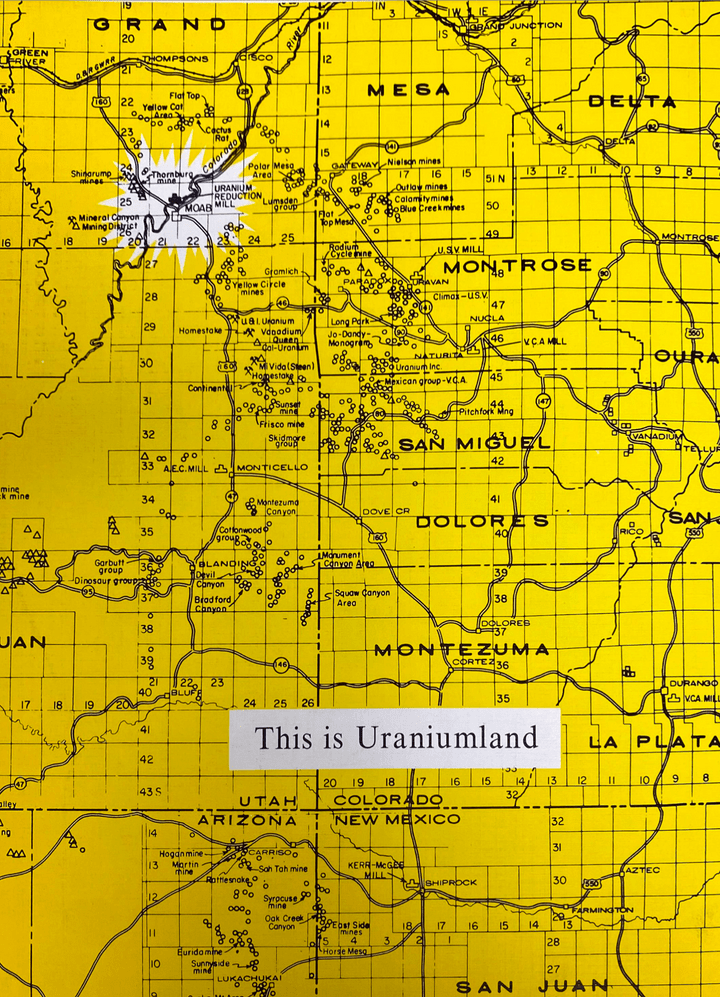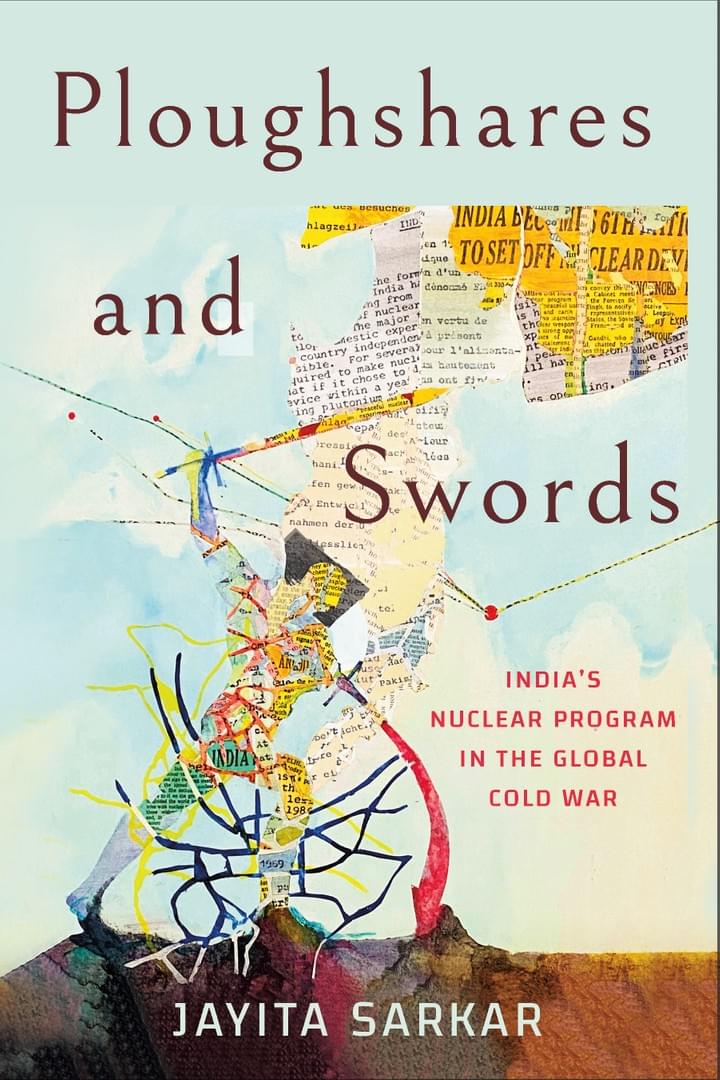
Bio
Jayita Sarkar is Professor of Global History of Inequalities at the University of Glasgow's School of Social and Political Sciences. Her research and teaching areas are histories and politics of nuclear infrastructures (weapons, energy, and mining) and territorial violence (partitions and statelessness). She is the author of the award-winning book, Ploughshares and Swords. India’s Nuclear Program in the Global Cold War (Cornell University Press, 2022).
Jay is currently completing her next book, Atomic Capitalism. A Global History for Princeton University Press. It is a 100-year history of nuclear sites, from mining to energy to weapons-testing. In order to make progress on Atomic Capitalism, she has held research fellowships at Harvard University, Sciences Po Paris, and Fondation Maison des Sciences de l'Homme. In spring 2026, she will be a visiting professor at Ecole Normale Supérieure Paris to teach a course on nuclear politics and continue to work on Atomic Capitalism.
Before joining Glasgow as senior lecturer (tenured associate professor) in 2022, she was a tenure-track assistant professor at Boston University from 2017 to 2022. She has held research fellowships at Harvard, MIT, Yale, Dartmouth, Edinburgh, and Sciences Po, amongst others. She was most recently on policy secondment as a British Academy Global Innovation Fellow in 2024-25 at the Carnegie Endowment International Peace in Washington, DC.
She serves as a book series editor for InterConnections: The Global Twentieth Century that is home to innovative global, international, and transregional histories of the long twentieth century.
She lives in Edinburgh, Scotland with a well-traveled long-haired cat.
Atomic Capitalism
A Global History

The atomic bombings of Hiroshima and Nagasaki created, in the words of George Orwell, a world “horribly stable” and “a peace that is no peace,” increasing power of the state over the individual and of the United States over the world. Atomic Capitalism critically examines this view and assumptions about preponderance of the United States and the state itself by placing nuclear infrastructures in a global and transnational perspective. The discovery of nuclear things— radium, radioactivity, uranium’s properties of fission, and plutonium— powerfully linked nuclear infrastructures to corporate violence, colonialism (settler and non-settler), and genocide, which characterized late nineteenth and twentieth-century Euro-American empires. The uranium cycle and its material infrastructures thus both benefited from and bolstered an extractivist, surveillant, and inegalitarian global system through which capitalist actors and networks benefited by disenfranchising people in faraway colonies, dependent territories, and at home. The outcome has been a complex extractivist web of inequalities that is intrinsically linked to our current economic and environmental crises.
Ploughshares and Swords
India's Nuclear Program in the Global Cold War
India’s nuclear program is often misunderstood as an inward-looking endeavor of secretive technocrats. In Ploughshares and Swords, Jayita Sarkar challenges this received wisdom, narrating a global story of India’s nuclear program during its first forty years. The book foregrounds the program’s civilian and military features by probing its close relationship with the space program. Through nuclear and space technologies, India’s leaders served the technopolitical aims of economic modernity and the geopolitical goals of deterring adversaries.
The politically savvy, transnationally-connected scientists and engineers who steered the program obtained technologies, materials, and information through a variety of state and nonstate actors from Europe and North America, including both superpowers. They thus maneuvered around Cold War politics and the chokepoints of the nonproliferation regime. Hyperdiversification increased choices for the leaders of the nuclear program but reduced democratic accountability at home. The nuclear program became a consensus-enforcing device in the name of the nation.
Ploughshares and Swords is a provocative new history with global implications. It shows how geopolitical and technopolitical visions influence decisions about the nation after decolonization.
Book Cover Art: Galen Passen
Teaching
PROFESSOR OF GLOBAL HISTORY OF INEQUALITIES
August 2024—present
SENIOR LECTURER IN ECONOMIC & SOCIAL HISTORY
July 2022–July 2024
School of Social and Political Sciences
University of Glasgow, Scotland, UK
Global South Asia (undergraduate honours)
Politics of Nuclear Weapons & Energy (postgraduate taught)
Contributions to team-taught core courses

ASSISTANT PROFESSOR
July 2017–June 2022
Pardee School of Global Studies
Boston University, Massachusetts, USAGlobal South Asia (advanced undergraduate)
History, Policy & Statecraft (posgraduate taught)
History of International Relations since 1945 (advanced undergraduate)
International Nuclear Politics (advanced undergraduate and posgraduate taught)
Contact






